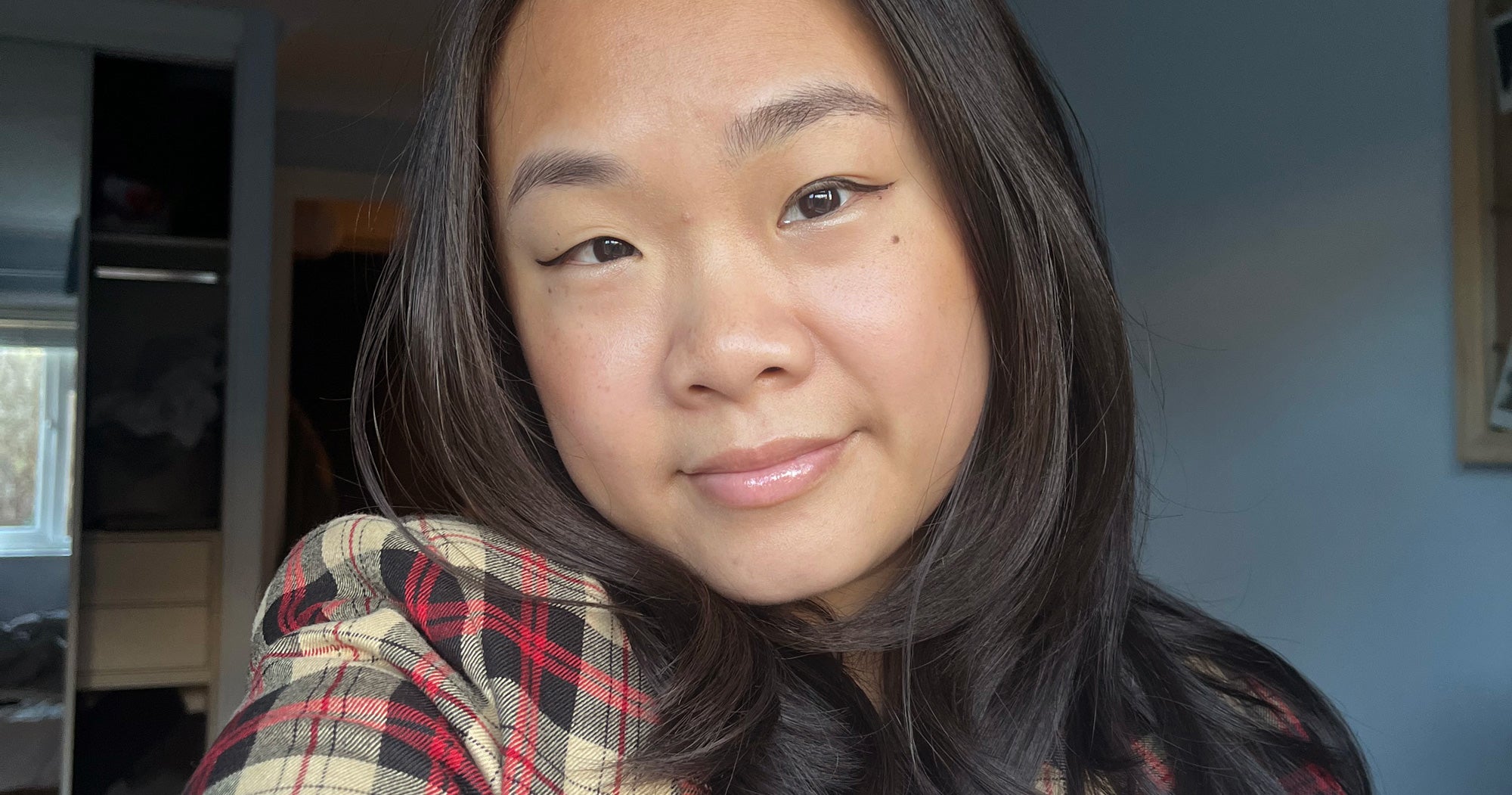Before becoming an author, Georgia Toews dabbled in stand-up comedy.Andrew Johnston/Supplied
In Nobody Asked for This, Georgia Toews blends tragedy with comedy, against a familiar backdrop in Toronto. The story’s narrator, Virginia, is a 23-year-old aspiring stand-up comedian who dreams of making it big in L.A. In the meantime, she shares an apartment with her roommate, Haley, who struggles with depression and suicidal thoughts. Virginia finds herself reeling in the aftermath of a date gone wrong and the recent death of her mother. So, what’s so funny? The Globe spoke to Toews about her comedy background, personal pain and much more.
In writing this character and her world, you had to create varying stand-up bits. What interests you about stand-up comedy? Is it something you’ve ever pursued yourself?
While I hope that it remains scrubbed from the internet, I did pursue stand-up comedy, even going as far as briefly taking up residence in New York City to hit up the open mics. In my early 20s I was involved in the comedy scene of Toronto. I think what interests me about stand-up is the people that do it. I’m no stranger to using comedy as somewhat of an emotional crutch, but the people that have figured out a way to make that into a career? Perfect fodder for fiction.
Books we’re reading and loving this week: Globe staffers and readers share their book picks
A major theme in the book is a refusal to face pain. What do you think are the consequences of accepting pain?
I think accepting pain means accepting a loss of control, something that I feel every human being has trouble with, at some point. There’s that quote, “Pain is inevitable, suffering is not.” We have to go through pain, but there’s somehow this shame [that] Virginia, the main character, feels in suffering. So she avoids it all. I think, as human beings, and especially as women, we can take on a lot of pain, but we’re not supposed to let on that we’re suffering, as if that would be an inconvenience.
The book is set in a very contemporary time frame, with many real-life references. Why did you choose this setting for the book?
I wanted it to be as accessible as possible, not sticking to an exact year, because I feel like so many of these pop-culture moments we reference transcend time when they’re wedged into an inside joke or memory. So it had to have that feeling, contemporary yet accessible and nostalgic for the early 2000s.
The character of Haley suffers from depression and suicidal thoughts. Would you consider Haley a victim of depression, and does that justify the responsibility she places on Virginia?
I wouldn’t consider Haley a victim, only that she has depression, and all of her feelings are valid. I think I personally bump up against that word, “victim,” for different reasons. But I have never written or thought of Haley as faking any of her feelings. The main issue with her and Virginia is that they can’t take on the responsibility of caretaker or emotional support for each other. Virginia has been this rock, [and when] she can no longer be that support for Haley, Haley doesn’t have the tools to support Virginia in the way she needs. So it’s not that any of their actions are justifiable, they’re understandable, and human.
The book addresses sexual abuse, and one scene in particular is written very matter-of-factly, using minimal words of violence. What was the motivation behind this approach?
I think I just wanted to write as honestly as I could. As someone who has experienced assault, I didn’t feel the need to sensationalize or pad it with anything other than the truth. I thought it was important to highlight how deeply impactful it can be on a woman despite the somewhat unsensational events leading up to the assault. The fact is that, even without the explicit threat of violence, every woman knows it’s a possibility. Any abuse or assault is violent, it’s an intrusion, it’s a physical cruelty. I think sometimes we’ve been conditioned to label and arrange the severity of assaults or abuse based on the condition a victim is left in: bleeding, incapacitated, drugged et cetera. But it’s all violent, even without the terminology, and it was important to write it as so.
Toward the end of the book, Virginia reflects on a friend, saying, ‘She could be perfect, but she still wouldn’t be for me.’ Could you elaborate on what Virginia means by that?
I wanted to relate it back to a romantic relationship. If a partner were to change to be the romantic partner we wanted, the relationship may still be unsalvageable. Because these friendships, platonic ones, are just as intimate, and require just as much care and respect as romantic ones. Virginia and her friend could both be incredibly perfect individuals, but the way they love each other will never be a match, and there’s something heartbreaking but very true and universal in that.
This interview has been edited and condensed.



![25th Apr: Shooter (2007), 2hr 6m [R] – Streaming Again (6.55/10)](https://occ-0-1081-999.1.nflxso.net/dnm/api/v6/Qs00mKCpRvrkl3HZAN5KwEL1kpE/AAAABbzzTnl8B1eOJdEO6lA1lB0_bdG_J9gSOi9wf8nYopuIkn5NZFJJIoOzlmyoLkAZl2P6ihAV2weR8jqsZE4w_B6sp-2SqWULMlk4.jpg?r=9ed)









